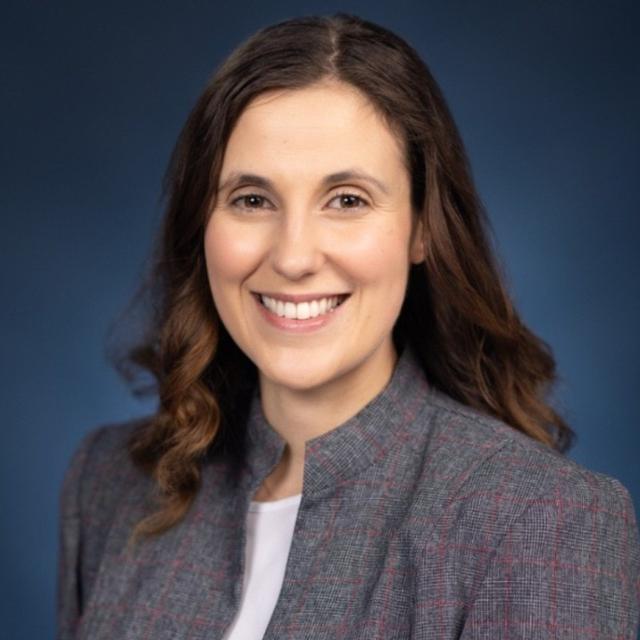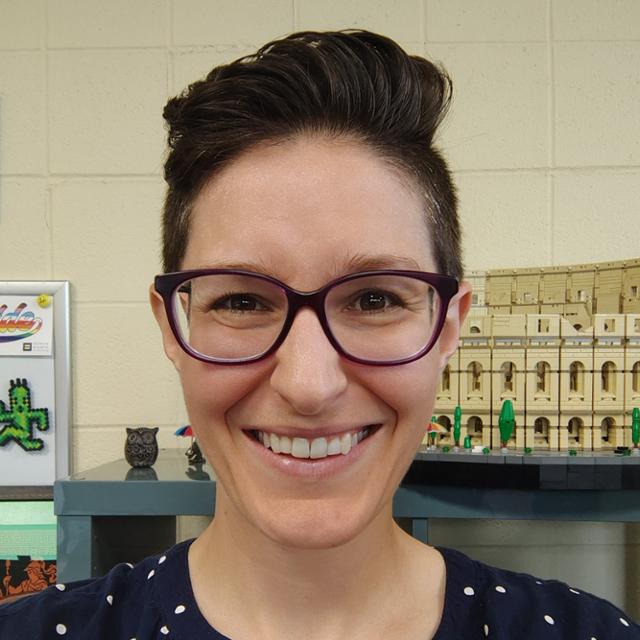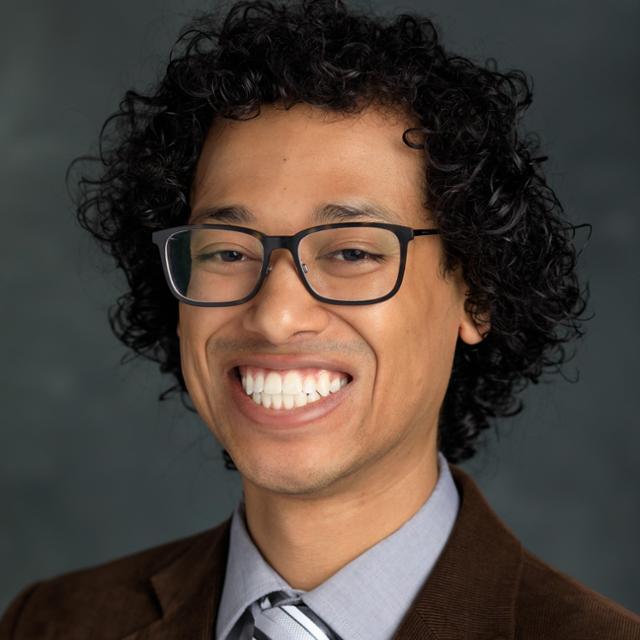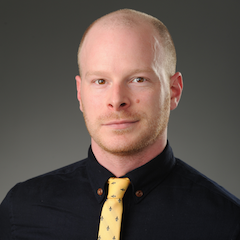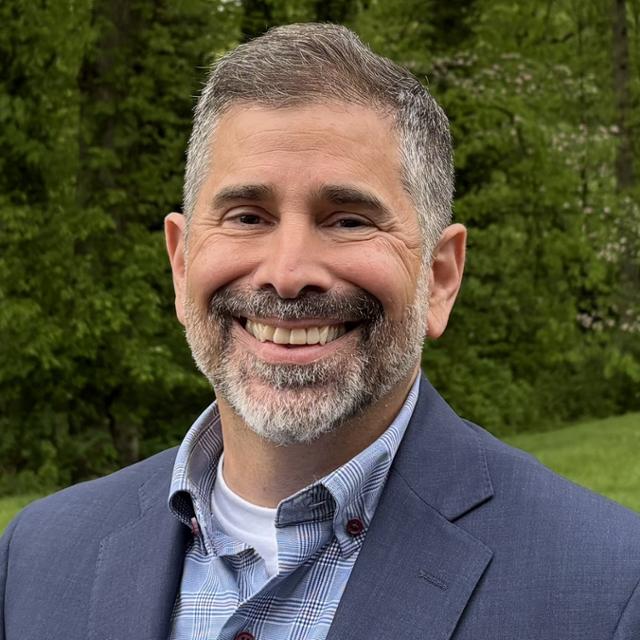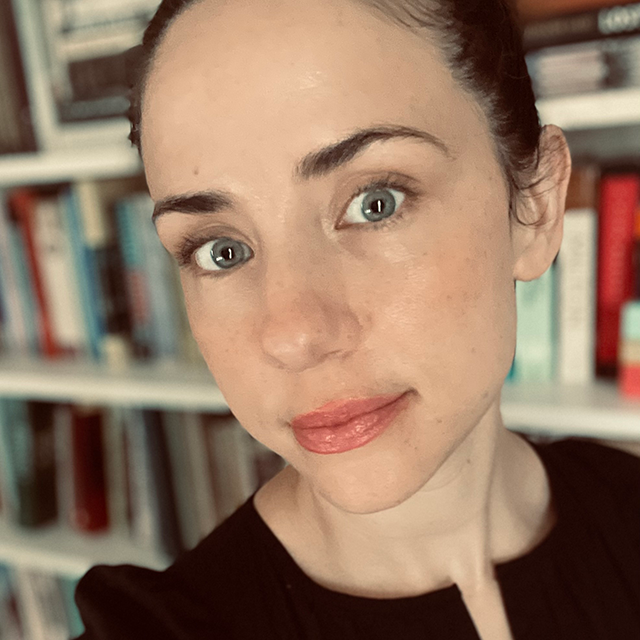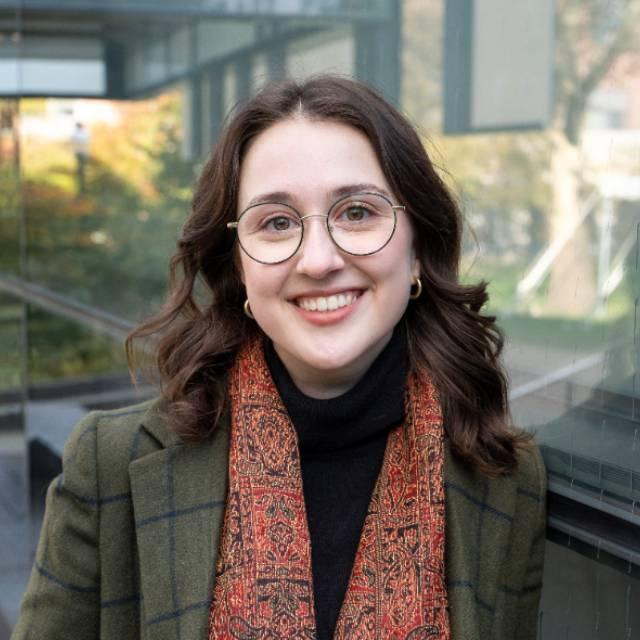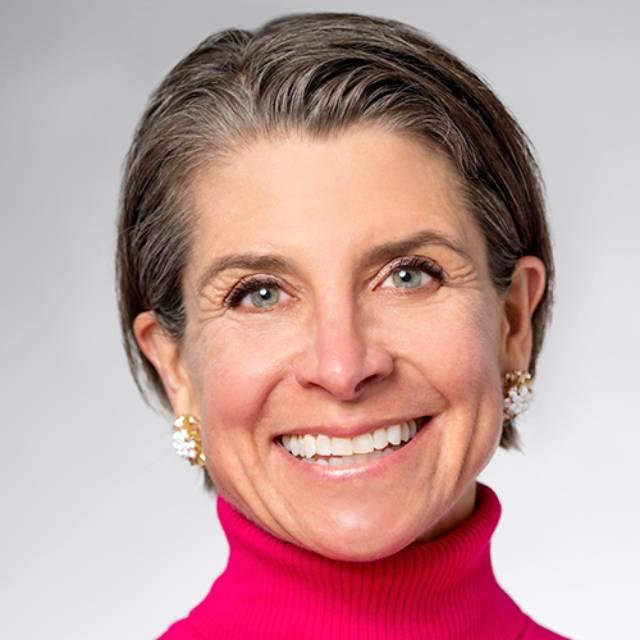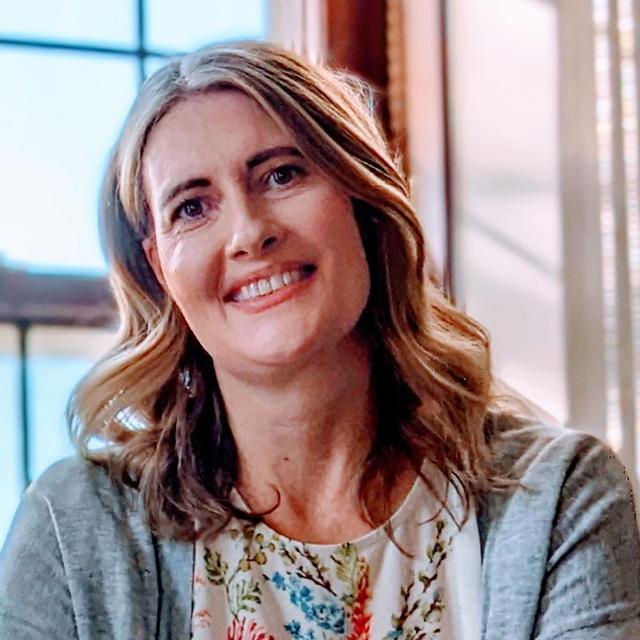2025 Tech Ethics Symposium
Staying Human in the Age of AI
November 6-7, 2025
Power Center Ballroom and Online
Thank you to everyone who participated in the Grefenstette Center's sixth annual Tech Ethics Symposium, both in person and online! This two-day event, co-sponsored by the Patricia Doherty Yoder Institute for Ethics and Integrity in Journalism and Media, the Center for Teaching Excellence, and the Albert P. Viragh Institute for Ethics in Business, focused on how generative AI is impacting how humans live and how "humanity" is defined.
Special thanks to our panelists and moderators, who offered diverse and engaging perspectives on the impacts of AI in their respective areas of expertise, as well as our excellent Student Research Poster Competition participants, whose innovative work shows us why it is crucial to support the next generation of AI ethics scholars! Congratulations to this year's undergraduate and graduate award winners! See the winners below and view their posters.
If you missed any part of the Symposium or would like to review the full program, please visit our YouTube Playlist and check out the digital program booklet.
Student Research Poster Award Winners
Graduate Students
- Grand Prize: Heather Leavy Rusiewicz, Dina Silvestri, Brad Dicianno, Phillip Bryant - Hypothesis and Design of a Machine Learning Model for Accessible Communication in Disability Care
- Runner Up: Brayden Bowerman, Damar Blanchet, Grace Scanlon, Alicia Morgan - Digital Remains and the Ethics of AI Reconstruction: How Should We Rethink Data Stewardship for Human Skeletal Material?
Undergraduate Students
-
Outstanding Undergraduate Researcher Award: Adisyn Moorhead - Staying Human in the Age of AI: A Computational Exploration of Consciousness
- Ethical PA Award: Brooke Soike - Optimization or Obligation? AI Ethics in Computational Drug Discovery
- Pope Francis Award: Abraham Remillard - Grief and Mourning in the Age of AI
- Honorable Mention: Naif Alqurashi - The Risks of Jailbreaking Generative AI via Prompt Hacking
- Honorable Mention: Jack Wiggins - Measuring and Mitigating the Water Footprint of Generative AI to Combat the Water Stress Crisis
- Audience Choice: Finnegan Davis-Martin, Anika Katkich, Cherise Dicke, Kyah Thompson, Grace Mathis - Pixels to Prognosis: The Role of AI in Early Breast Cancer Detection
- Audience Choice: Jordan Stochla, Connor Kaezyk, Kaelynn Wilkes, Maria Weideman, Isabella Iovene - ChatBot Therapy: Do the Benefits Outweigh the Risks?
Find the details of all past Grefenstette Center Tech Ethics Symposia on our News and Events page.
Featured Speakers
Symposium Details
Program
The 2025 Tech Ethics Symposium took place Thursday, November 6 and Friday, November 7, 2025 in the Dougherty Ballroom in the Power Center on the Duquesne University campus.
View the full 2025 Tech Ethics Symposium program booklet.
2025 Tech Ethics Symposium - Staying Human in the Age of AI
Thursday, November 6
4-5 p.m. - A New Tech Industry? AI, Ethics, and Global Tech
- Nikki Pope, NVIDIA
- Ed Grefenstette, Google Deepmind
- Audrey Watters, Freelance Writer
- Kirsten Martin, Carnegie Mellon University
- John Slattery, Duquesne University, Moderator
5-6 p.m. - Opening Reception & Undergraduate Posters
Friday, November 7
8-8:45 a.m. - Continental Breakfast
8:45-9 a.m. - Welcome
9-10 a.m. - The Robots Win?! The Future of AI & Intelligence
- Gregory Donovan, Fordham University
- Ed Grefenstette, Google DeepMind
- Kate Ott, Garrett-Evangelical Theological Seminary
- John Slattery, Duquesne University, Moderator
10-10:45 a.m. - At What Cost? Addressing AI in Higher Education
- Anoff Cobblah, University of Michigan
- Sarah Beal, Otterbein University
- Stephanie Gray, Duquesne University
- Audrey Watters, Freelance Writer, Respondent
- Jeff Lambert, Duquesne University, Moderator
10:45-11 a.m. - Break and Snack
11 a.m.-12:15 p.m. - Who’s Behind Those Search Results? How AI-Generated Content Is Rewriting the News
- Klaudia Jaźwińska, Columbia University
- Luis Fabregas, TribLive
- Sara Bauknecht, Duquesne University, Moderator
12:15-1:45 p.m. - Lunch and Student Research Posters
1:45-2:45pm - Dignity and the Dangers of AI: Surveillance, Immigration, and Faith
- Gregory Donovan, Fordham University
- Monica Ruiz, Casa San José
- Susan Baida, Carnegie Mellon University, Moderator
2:45 - 345 p.m. - Love in the Time of ChatBots: AI, Faith, and Relationships
- Brianne Jacobs, Emmanuel College
- Kate Ott, Garrett-Evangelical Theological Seminary
- Mia Briceño, Duquesne University, Moderator
3:45-4 p.m. - Break and Snack
4 p.m. - Student Poster Competition Award Presentation
4-5:15 p.m. - Ensuring an Ethical Future for AI: Policy Conversation
- April Barton, Duquesne University
- David J. Dausey, Executive Vice President and Provost, Duquesne University
- Bry Pardoe, Governor's Office of Administration
- Nikki Pope, NVIDIA
- John Slattery, Duquesne University, Moderator
Registration
The Symposium is free to attend and open to all university students, faculty, and staff, as well as community members. Registrants can attend in person or experience the Symposium via livestream.
Registration for the 2025 Tech Ethics Symposium is closed. Please plan to join us next year!
Student Poster Competition: Staying Human in the Age of AI
All undergraduate and graduate students are invited to submit posters to present at the Symposium on any aspect of technology ethics! All accepted posters will receive a $75 award to offset printing costs. On top of this award, accepted posters will compete for the following prizes:
Undergraduate Students:
Outstanding Researcher Award ($400) for the poster that exemplifies the best of undergraduate research and its applications for technology ethics
Ethical PA Award ($400) for the poster that best addresses ethical technology questions and concerns of people around Pittsburgh or throughout Pennsylvania
Pope Francis Award ($400) for the poster that best exemplifies the Catholic ethic of service, encounter, and love, as encompassed in Pope Francis’ approach to technology
Graduate Students: Grand Prize ($400); Runner-Up ($200)
Additionally, all posters will be eligible for $100 "Audience Choice" awards, for which Symposium attendees will cast their vote during the event.
Rules & Eligibility:
- Complete the poster submission form and submit the poster by 11:59 p.m. on Friday, October 17!
- Submissions may come from individuals or teams. Only one poster per team.
- Poster size must be 36" x 44"
- Posters may come from any academic discipline.
- Any current undergraduate or graduate student, from any university, is eligible to submit a poster.
- If accepted, at least one author must be physically present to present the poster.
- Generative AI may NOT be used to create the poster. All posters will be scanned, and AI-generated posters will be disqualified.
- See a full list of guidelines and recommendations here.
Submissions for the 2025 Student Research Poster Competition are closed.
Parking and Campus Information
Duquesne University is located at 600 Forbes Ave, Pittsburgh, PA 15282. The Tech Ethics Symposium will take place on the fifth floor of the Power Center in the Dougherty Ballroom and Shepperson Suite areas.
If you are driving to the Symposium, you are advised to park in the Chatham Garage.
Please refer to this map to assist you in navigating the Duquesne University campus.





